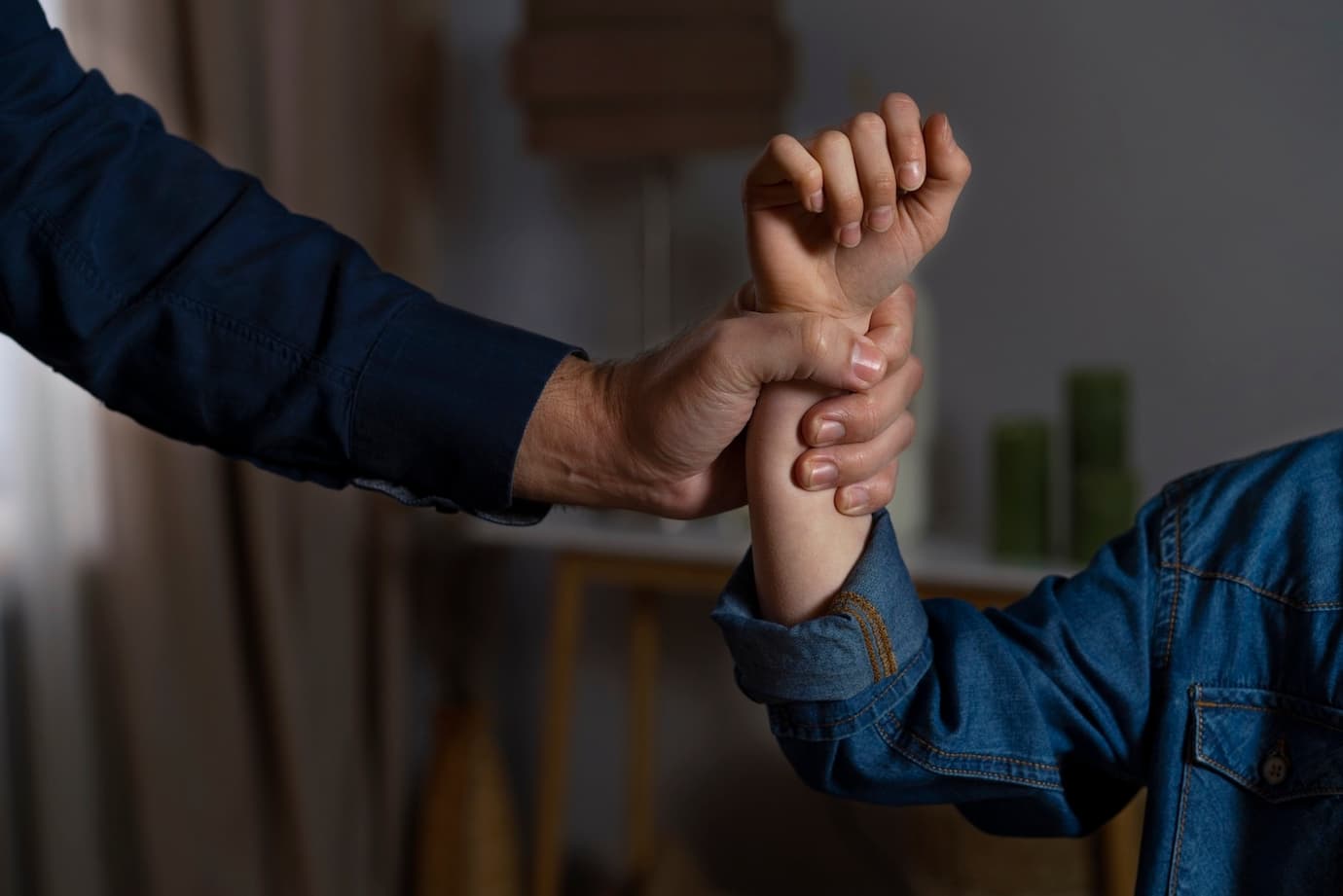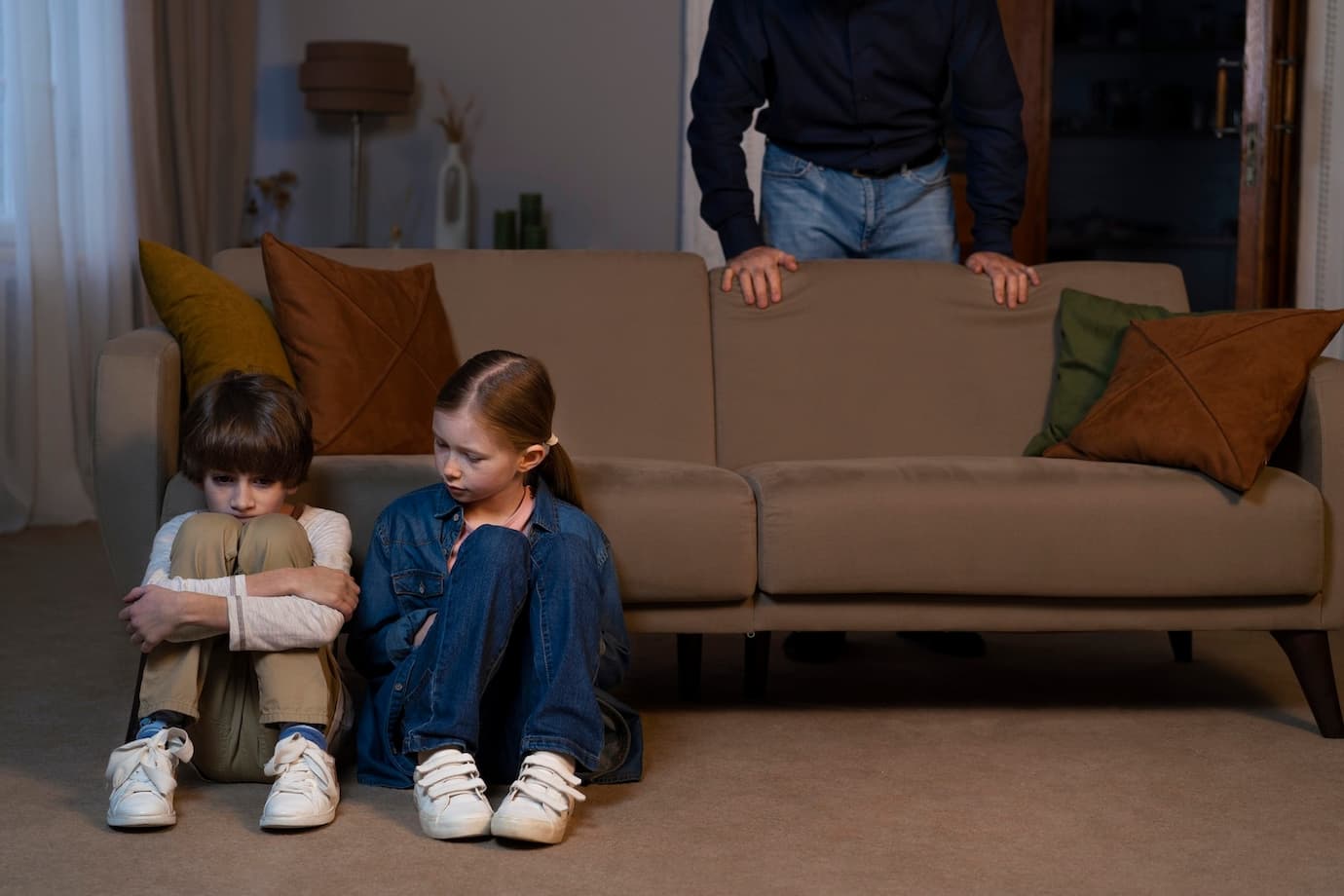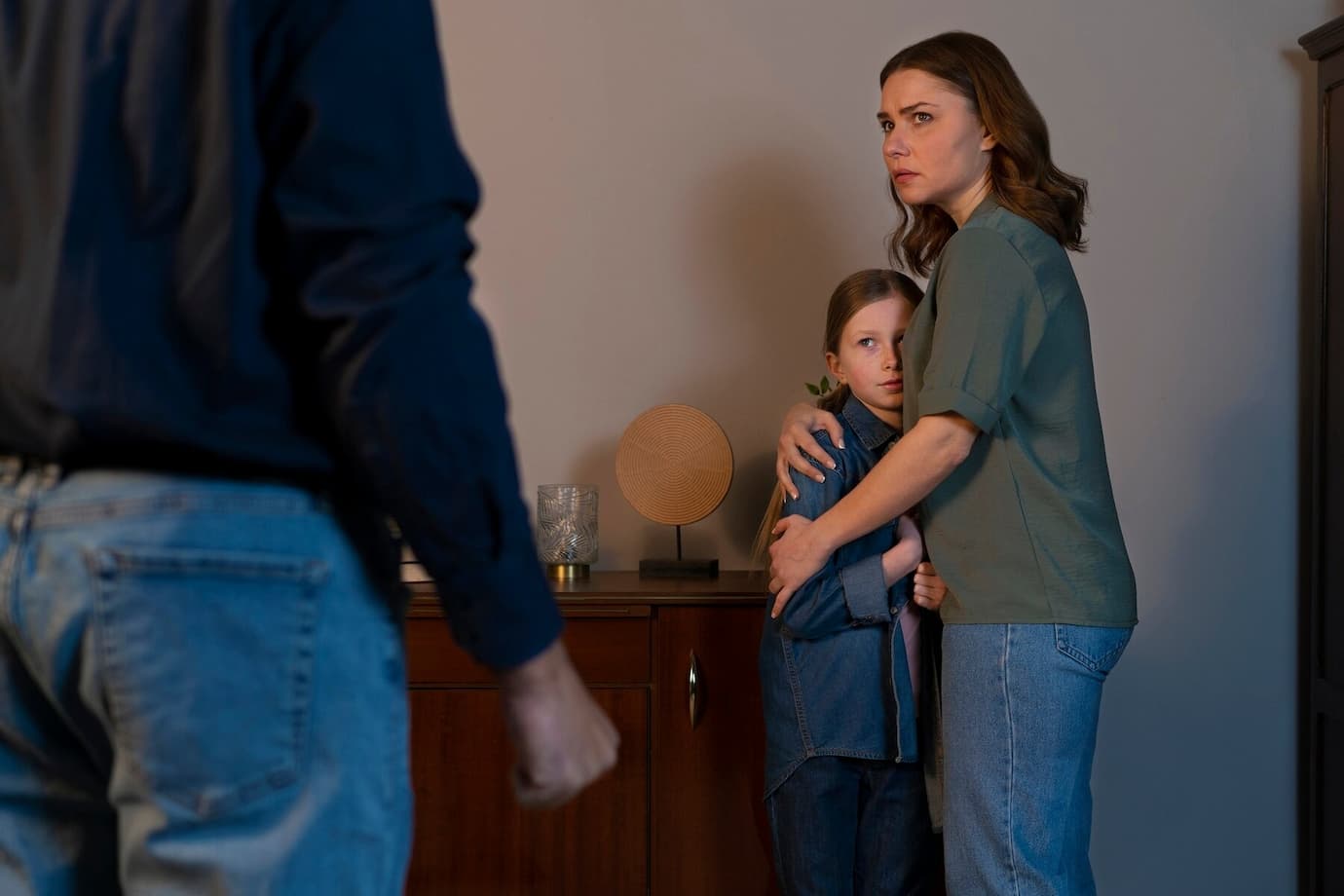Top Psychologists Near Me for Abuse Counselling
Abuse Counselling: Your Journey Towards Healing and Recovery
Abuse is a distressing experience that impacts individuals on multiple levels—physically, emotionally, mentally, and socially. It occurs in various forms, and each type leaves behind scars that may take time, effort, and support to heal. The trauma often follows individuals well beyond the actual events, affecting their daily lives and relationships.
Table of Contents
ToggleWe understand the deep emotional and psychological challenges that come with surviving abuse. Our professional abuse counselling services are designed to offer a safe space to heal, regain control, and rebuild life. We believe in empowering clients to overcome the effects of abuse through compassionate therapy and personalized support.

What is Abuse?
Abuse is any harmful or destructive behavior that is intentionally inflicted upon an individual by another person. It typically involves an imbalance of power, where the abuser exerts control over the victim. Abuse can take many forms, including physical harm, emotional manipulation, psychological control, sexual violations, and even financial exploitation.
Abuse can occur in any environment—personal relationships, workplaces, schools, or communities—and can affect anyone, regardless of age, gender, or background. What makes abuse particularly damaging is its ability to erode a victim’s sense of self-worth, leaving them feeling powerless, afraid, and isolated.
Counselling helps individuals process their experiences and confront the abuse they have endured, allowing them to move forward with clarity and strength.
Types of Abuse
Abuse counselling covers a broad range of experiences. Below are some of the most common types we address in sessions:
Physical Abuse
Physical abuse involves deliberate actions aimed at causing bodily harm or injury. This can include hitting, slapping, or any form of physical violence. Victims often carry visible marks, but the emotional wounds can be just as damaging. Counselling helps individuals heal both physical and emotional scars.

Emotional Abuse
Emotional or psychological abuse often involves manipulation, verbal insults, and behavior designed to control or belittle the victim. This type of abuse can lead to a decline in self-esteem, anxiety, and depression. Our counsellors work closely with individuals to rebuild their sense of self-worth and overcome the long-term effects of emotional abuse.
Sexual Abuse
Sexual abuse involves any form of non-consensual sexual contact or behavior. It can leave survivors feeling violated, ashamed, and fearful. Our therapists approach sexual abuse counselling with sensitivity and care, ensuring survivors feel supported as they work through their trauma.

Psychological Abuse
Psychological abuse includes manipulating or controlling an individual’s thoughts and beliefs. It can manifest through gaslighting, isolation, or threats that cause mental harm. Counselling focuses on helping clients regain mental clarity and confidence, breaking free from manipulation.
Financial Abuse
Financial abuse occurs when one person controls another’s financial resources, limiting their ability to make independent decisions. This can be harmful, especially when the victim is financially dependent on the abuser. Counselling addresses both the emotional and practical aspects of financial abuse, helping victims reclaim their independence.
How Does Abuse Affect Someone?
The impact of abuse is extensive, affecting emotional, mental, and physical well-being. Counselling helps address the different ways abuse can harm an individual.
Emotional Impact:
Abuse often leaves behind deep emotional wounds, leading to feelings of fear, guilt, shame, and hopelessness. Over time, these emotions can become overwhelming, resulting in anxiety, depression, or emotional numbness. Counselling helps individuals process these emotions and regain emotional balance.

Mental Health Effects:
Long-term exposure to abuse can result in mental health issues such as post-traumatic stress disorder (PTSD), complex trauma, or other conditions. Victims may experience flashbacks, intrusive thoughts, or difficulty concentrating. Through therapy, clients learn to manage these symptoms and regain mental well-being.
Physical Consequences:
In cases of physical abuse, victims may experience chronic health issues such as headaches, insomnia, or stress-related conditions. Even in non-physical forms of abuse, emotional trauma can manifest physically. Counselling supports individuals in addressing these physical consequences and improving their overall health.
Social and Relational Impact:
Abuse often isolates victims from their support networks. Trusting others or forming healthy relationships becomes difficult after abuse. Therapy provides guidance on rebuilding connections and setting boundaries to protect emotional well-being.
Self-Worth and Identity:
Abuse can damage a person’s sense of identity, making them feel worthless and powerless. Counselling aims to help individuals rebuild confidence and reclaim their self-worth.
Recognising the Signs of Abuse
Recognizing the signs of abuse is the first step toward seeking help. Abuse is often hidden, with victims feeling too afraid or ashamed to come forward. Being aware of common signs can help you identify when it is happening and take action. These signs include:
- Physical Signs: Unexplained bruises or injuries that the individual tries to hide.
- Emotional Signs: Changes in mood or behavior, such as becoming withdrawn or excessively fearful.
- Isolation: Victims may be isolated from friends and family by the abuser, making them more vulnerable.
- Low Self-Esteem: Victims of abuse may display a lack of confidence or feelings of worthlessness.
- Avoidance: Individuals may avoid certain people or places that remind them of the abuse.
- Financial Dependence: In cases of financial abuse, the victim may feel trapped due to a lack of financial control.
Recognizing these signs is crucial for getting help. Abuse counselling provides the necessary support to break free from the cycle of abuse.

How Abuse Counselling Works?
We offer personalized abuse counselling tailored to the needs of each individual. Our therapeutic approach combines evidence-based practices and trauma-informed care to foster healing. Here’s how the counselling process works:
Initial Assessment:
We begin with an initial assessment to understand your experiences and how the abuse has impacted you. This allows our therapists to create a treatment plan that addresses your specific needs.
Personalized Treatment Plan:
Based on the assessment, we develop a personalized treatment plan that may include cognitive behavioral therapy (CBT), trauma-focused therapy, or other evidence-based approaches.
Trauma-Informed Therapy:
Our therapists ensure that clients feel safe and supported throughout the healing journey. Trauma-informed therapy reduces the risk of re-traumatization and builds trust between therapist and client.
Emotional Processing:
Processing difficult emotions such as fear, anger, or guilt is an essential part of healing. Therapy provides a safe space to express and work through these emotions in a healthy way.
Resilience and Empowerment:
Counselling aims to empower individuals to reclaim control of their lives and build resilience. Clients gain the tools they need to face challenges with confidence and strength.
Rebuilding Relationships:
Therapy focuses on helping individuals form healthy relationships, free from abusive patterns. We provide guidance on setting boundaries, improving communication, and fostering trust.

The Benefits of Abuse Counselling
The benefits of counselling extend beyond short-term relief. Here are some key outcomes:
- Emotional Healing: Counselling provides a space to process and release painful emotions.
- Mental Health Support: Therapy addresses the psychological effects of abuse, improving overall mental health.
- Restored Confidence: Clients regain their self-worth and confidence.
- Improved Relationships: Therapy fosters the development of healthy, fulfilling relationships.
- Coping Strategies: Clients learn effective ways to manage emotional distress.
- Resilience Building: Counselling helps individuals develop resilience to face future challenges.

Conclusion
Abuse can have lasting effects, but with the right support, healing is possible. Abuse counselling offers a compassionate and personalized approach to recovery. If you or someone you know is experiencing abuse, reach out for help. Together, we can work towards a future of safety, healing, and empowerment.
Contact Us
Begin your path to healing from abuse issues or to schedule an appointment, get in touch with us today at info@medavas.com





















